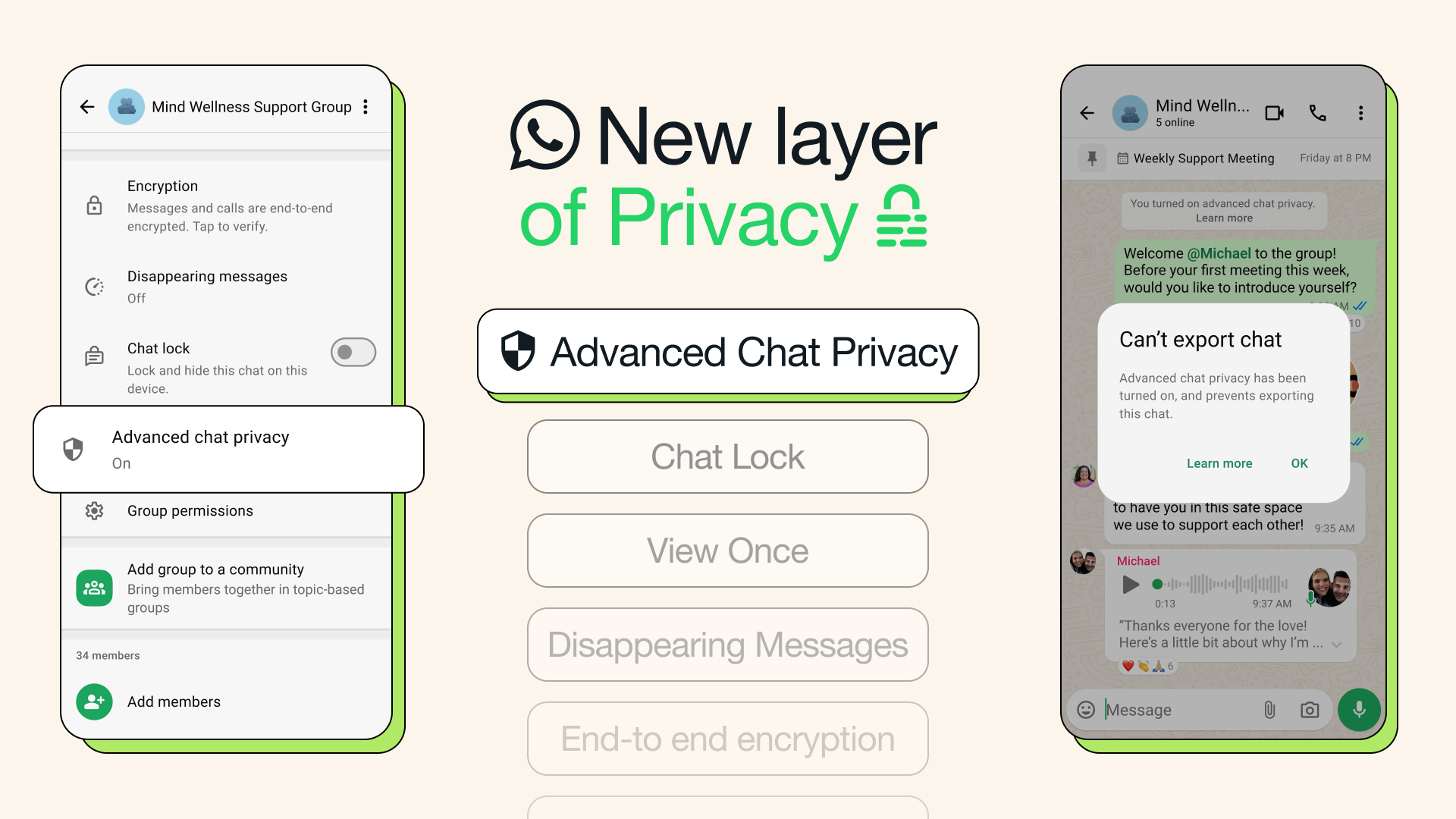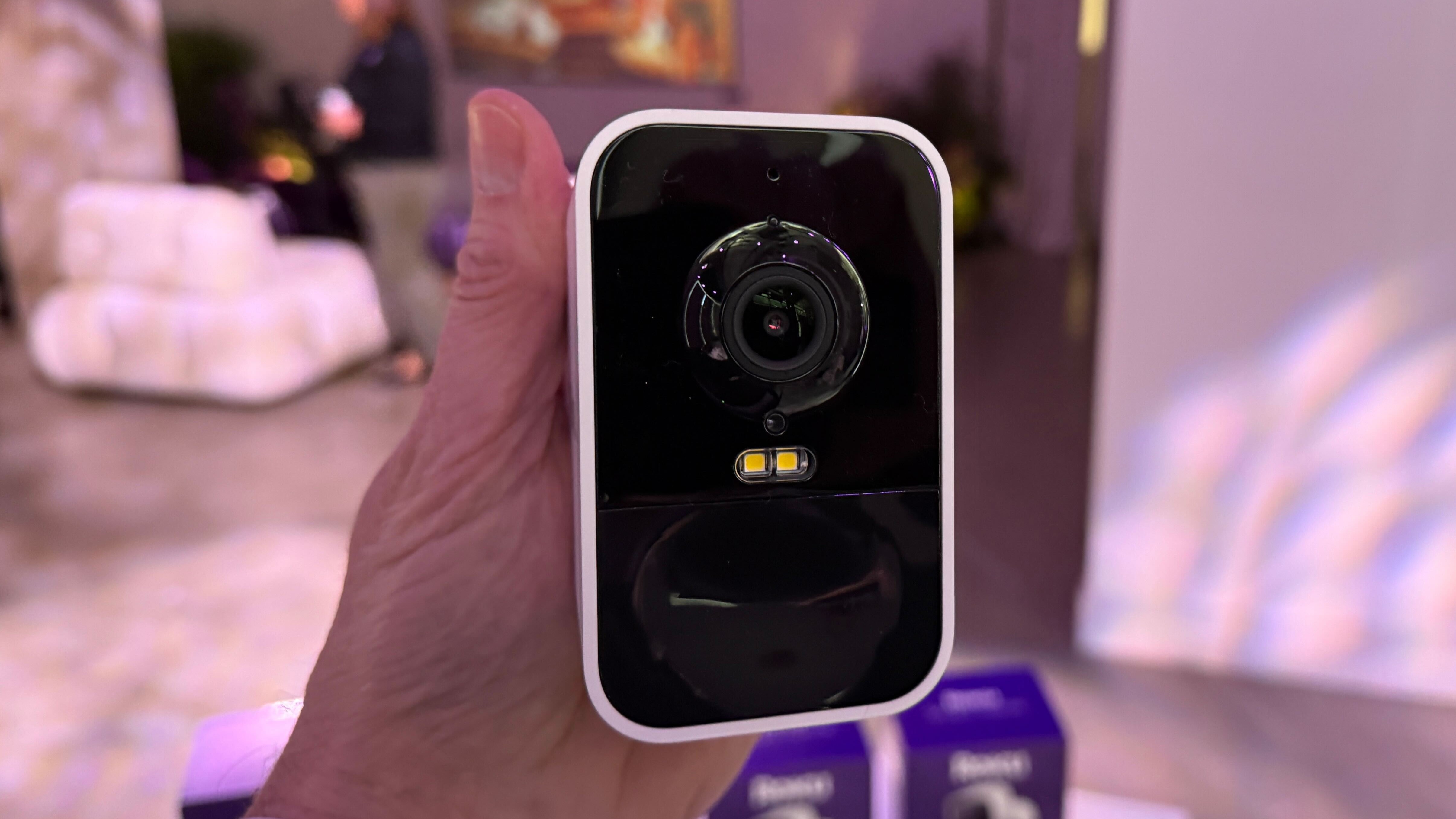- When ChatGPT uses the GPT-4.5 model, it can pass the Turing Test by fooling most people into thinking it's human
- Nearly three-quarters of people in a study believed the AI was human during a five-minute conversation
- ChatGPT isn't conscious or self-aware, though it raises questions around how to define intelligence
Artificial intelligence sounds pretty human to a lot of people, but usually, you can tell pretty quickly when you're engaging with an AI model. However, that may change as OpenAI's new GPT-4.5 model passed the Turing Test by fooling people into thinking it was a human over the course of a five-minute conversation. Not just a few people, but 73% of those participating in a University of California, San Diego study.
In fact, GPT-4.5 outperformed some of the actual human participants, who were accused of being AI in the blind test. Still, the fact that the AI did such a good impression of a human being that it seemed more human than actual humans says a lot about the brilliance of the machine or just how awkward humans can be.
Participants sat down for two back-to-back conversations with a human and a chatbot, not knowing which was which, and had to identify the AI afterward. To help GPT-4.5 succeed, the model had been given a detailed personality to mimic in a series of prompts. It was told to act like a young, slightly awkward, but internet-savvy introvert with a streak of dry humor.
With that little nudge toward humanity, GPT-4.5 became surprisingly convincing. Of course, as soon as the prompts were stripped away and the AI went back to a blank slate personality and history, the illusion collapsed. Suddenly, GPT-4.5 could only fool 36% of those studied. That sudden nosedive tells us something critical: this isn't a mind waking up. It’s a language model playing a part. And when it forgets its character sheet, it’s just another autocomplete.
Cleverness is not consciousness
The result is historic, no doubt. Alan Turing's proposal that a machine capable of conversing well enough to be mistaken for a human might therefore have human intelligence has been debated since he introduced it in 1950. Philosophers and engineers have grappled with the Turing Test and its implications, but suddenly, theory is a lot more real.
Turing didn't equate passing his test with proof of consciousness or self-awareness. That's not what the Turing Test really measures. Nailing the vibes of human conversation is huge, and the way GPT-4.5 evoked actual human interaction is impressive, right down to how it offered mildly embarrassing anecdotes. But if you think intelligence should include actual self-reflection and emotional connections, then you're probably not worried about the AI infiltration of humanity just yet.
GPT-4.5 doesn’t feel nervous before it speaks. It doesn’t care if it fooled you. The model is not proud of passing the test, since it doesn’t even know what a test is. It only "knows" things the way a dictionary knows the definition of words. The model is simply a black box of probabilities wrapped in a cozy linguistic sweater that makes you feel at ease.
The researchers made the same point about GPT-4.5 not being conscious. It’s performing, not perceiving. But performances, as we all know, can be powerful. We cry at movies. We fall in love with fictional characters. If a chatbot delivers a convincing enough act, our brains are more than happy to fill in the rest. No wonder 25% of Gen Z now believe AI is already self-aware.
There's a place for debate around this, of course. If a machine talks like a person, does it matter if it isn’t one? And regardless of the deeper philosophical implications, an AI that can fool that many people could be a menace in unethical hands. What happens when the smooth-talking customer support rep isn’t a harried intern in Tulsa, but an AI trained to sound disarmingly helpful, specifically to people like you, so that you'll pay for a subscription upgrade?
Maybe the best way to think of it for now is like a dog in a suit walking on its hind legs. Sure, it might look like a little entrepreneur on the way to the office, but it's only human training and perception that gives that impression. It's not a natural look or behavior, and doesn't mean banks will be handing out business loans to canines any time soon. The trick is impressive, but it's still just a trick.
You might also like
from Latest from TechRadar US in News,opinion https://ift.tt/ulcB9N2


